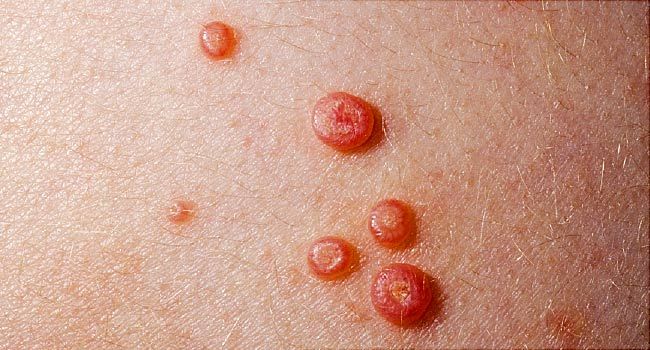

While there are hormonal changes and symptoms that can accompany menopause, it’s a phase, not an illness. In part, that's because of the myriad of symptoms people have come to expect with menopause, but it's also because of tropes that have long told us as soon as a woman enters menopause, she is past her prime. Menopause is often associated with feelings of dread. 11, 2021.Watch Video: Experiencing menopause later in life may reduce stroke risk When should my child get HPV vaccine? Centers for Disease Control and Prevention. FDA approves expanded use of Gardasil 9 to include individuals 27 through 45 years old.Centers for Disease Control and Prevention. Genital warts: A fact sheet from the Office on Women's Health.Condylomata acuminata (anogenital warts) in adults: Epidemiology, pathogenesis, clinical features and diagnosis. If you're ages 27 to 45, discuss your risks with your health care team to decide if you should get the HPV vaccine. Food and Drug Administration approved the use of Gardasil 9 for males and females ages 9 to 45.

The CDC now recommends catch-up HPV vaccinations for all people through age 26 who aren't adequately vaccinated.
#Pimple bump on vagina series
Teens and young adults who begin the vaccine series later, at ages 15 through 26, should continue to receive three doses of the vaccine. Research has shown that the two-dose schedule is effective for children under 15. Younger adolescents ages 9 and 10 and teens ages 13 and 14 also are able to receive vaccination on the updated two-dose schedule. The CDC now recommends that all 11- and 12-year-olds receive two doses of HPV vaccine at least six months apart, instead of the previously recommended three-dose schedule. Side effects from the vaccines are usually mild and include soreness at the injection site, headaches, a low-grade fever or flu-like symptoms. It's ideal for girls and boys to receive the vaccine before they have sexual contact. The Centers for Disease Control and Prevention (CDC) recommends routine HPV vaccination for girls and boys ages 11 and 12, although it can be given as early as age 9. Using a condom every time you have sex is a good idea, but won't necessarily protect you from genital warts. Limiting your number of sexual partners and being vaccinated will help prevent you from getting genital warts. The baby might need surgery to keep the airway from being blocked. Large warts on the vulva or in the vagina can bleed when stretched during delivery.Įxtremely rarely, a baby born to a mother with genital warts develops warts in the throat. Warts on the vaginal wall can inhibit the stretching of vaginal tissues during childbirth. Rarely during pregnancy, warts can enlarge, making it difficult to urinate. HPV infection doesn't always lead to cancer, but it's important for women to have regular Pap tests, particularly those who've been infected with higher risk types of HPV. Certain types of HPV also are associated with cancers of the vulva, anus, penis, and mouth and throat. Cervical cancer has been closely linked with genital HPV infection.
#Pimple bump on vagina professional
See a health care professional if you or your partner develops bumps or warts in the genital area. Rarely, however, genital warts can multiply into large clusters in someone with a suppressed immune system. Genital warts can be so small and flat as to be invisible. Itching or discomfort in your genital area.A cauliflower-like shape caused by several warts close together.Small, flesh-colored, brown or pink swellings in your genital area.The signs and symptoms of genital warts include: Genital warts can also develop in the mouth or throat of a person who has had oral sexual contact with an infected person. In men, they may occur on the tip or shaft of the penis, the scrotum, or the anus. In women, genital warts can grow on the vulva, the walls of the vagina, the area between the external genitals and the anus, the anal canal, and the cervix. They can appear on the genitals, in the pubic area or in the anal canal. Genital warts are a common sexually transmitted infection.


 0 kommentar(er)
0 kommentar(er)
